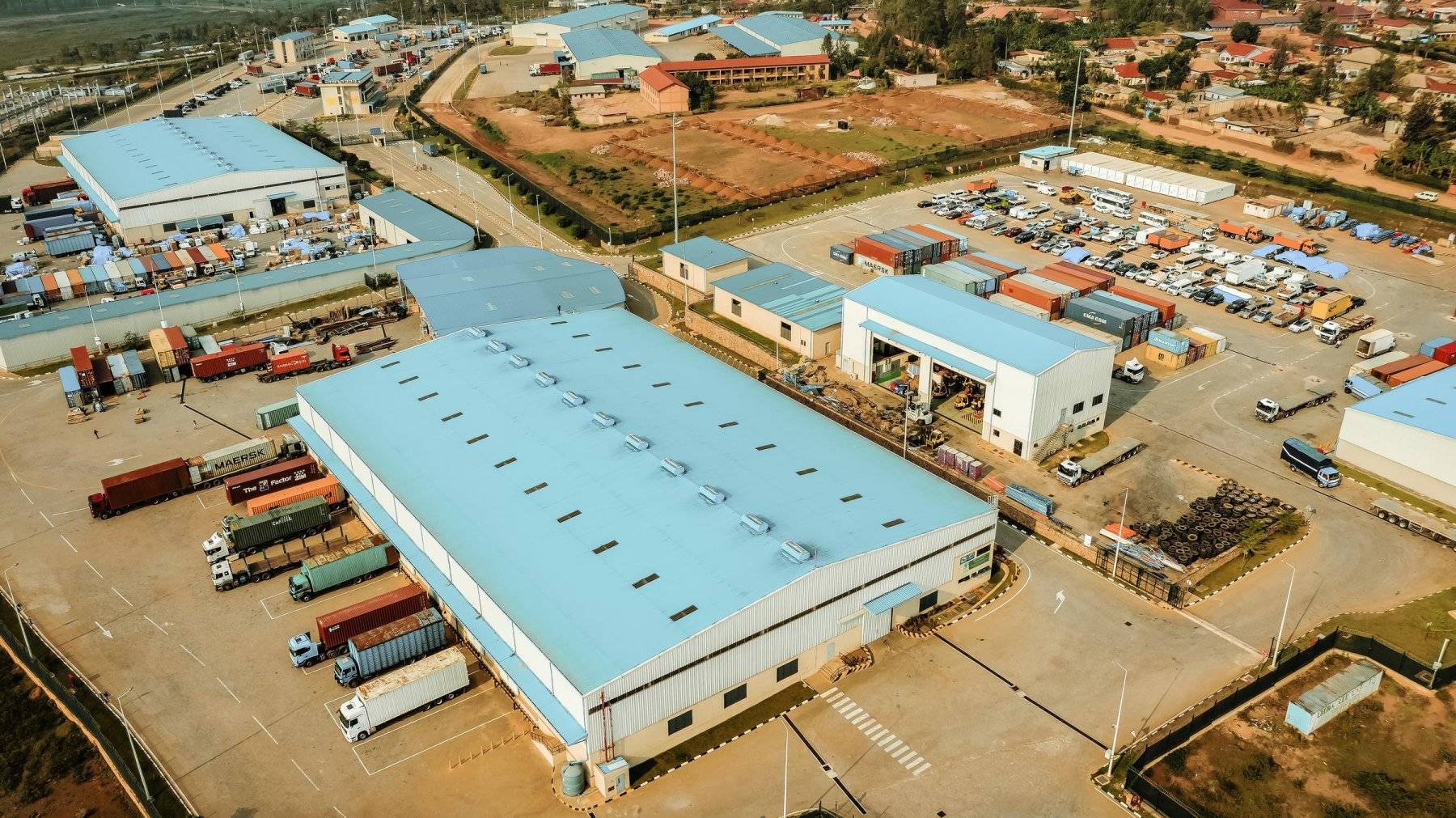Digital transformation has touched every aspect of life in the last few years, including shipping and logistics. People dealing in supply chains know the significance of shipping and logistics. Every business uses these services to some extent because they must purchase or deliver products and raw materials. Digitization has introduced great innovation in the supply chain as well.
Research has been conducted to identify the correct areas to implement technological innovation. Findings make it very clear that the digital transformation of the supply chain is capable of transforming and boosting the company's performance. Different focus areas are identified for digital transformation. Order completion is revealed as the most focused area, at about 47%; the next well-identified area is customer experience, at almost 45%, and the transportation process got a 44% score for digitalization.
A good number of software companies are offering their services to design innovative supply chain software development services to meet the latest challenges in the field. The software plays a significant role in boosting performance and enhancing accuracy and visibility. It also gets credit for risk management and inventory reliability and leads to the best use of the sources. Digital transformation includes all aspects, from planning to order completion. All the activities included in these boundaries are handled excellently to improve the user experience and company business. Users can track their shipment from order booking to delivery at the doorstep, which is the fruit of digitalization.
A wide variety of tools are available online and through widget or API integration, enabling you to design the best-suited shipment plan. Here are some significant tools:
- Logistic Explorer helps companies get more bookings and provides a list of service providers.
- The Load Calculator enables you to find out the best vehicle packaging size and load capacity.
- The Tracking System facilitates cargo tracking using a mobile phone or a desktop computer.
- Cargo Wizard is another efficient tool that provides the comp sales guide along with all mandatory paperwork using online forms.
- Distance & Time assist in finding the shipment time frame using different routes like air, land or sea. It also tells about the total distance between the source and destination locations.
- Route Planner is a very efficient tool you can use through the App. It assists in choosing the best route for your cargo shipment.
- Ship Schedules enable users to find their shipping schedule using different filters such as route, port and vessel, etc.
- Smart Documents facilitate the intelligent handling of digital versions of your documents. It allows you to add all necessary documents, even your signature and company stamp, in a safe cloud work area. You can also manage the accessibility rights to your documents.
Digital Transformation Revolutionizing Shipping Operations
The shipping industry is transforming significantly due to digital technologies, revolutionizing how supply chains manage logistics and transportation operations. Digital transformation in shipping brings numerous benefits, including increased efficiency, enhanced visibility, streamlined processes, and an improved customer experience. Let's delve into how digitalization is reshaping the shipping sector.
Real-Time Tracking and Visibility
Digital technologies enable real-time tracking and visibility throughout shipping. GPS-enabled devices, RFID tags, and IoT sensors provide accurate location data, allowing supply chain stakeholders to monitor shipments' progress, anticipate delays, and proactively manage exceptions. This enhanced visibility improves operational efficiency, reduces inventory holding costs, and enables more precise delivery estimates.
Automation and Robotics:
Automation and robotics are transforming traditional shipping operations. Automated systems streamline order fulfillment, sorting, and warehouse operations, reducing manual errors and optimizing productivity. Robotics technology, including autonomous vehicles and drones, offers possibilities for efficient last-mile deliveries, especially in urban areas with complex traffic patterns.
Blockchain for Supply Chain Transparency:
Blockchain technology is increasingly utilized in shipping to enhance supply chain transparency, traceability, and security. By providing a decentralized and immutable ledger, blockchain enables secure information sharing among stakeholders while maintaining data integrity. It facilitates end-to-end traceability of goods, enhances supply chain visibility, and helps combat fraud, counterfeiting, and unauthorized modifications.
Data Analytics and Predictive Insights:
The availability of vast amounts of data within the shipping industry can be harnessed through data analytics. Advanced analytics and machine learning algorithms help extract valuable insights from shipping data, enabling predictive analytics for demand forecasting, route optimization, and supply chain risk management.
Digital Freight Marketplaces:
Digital freight marketplaces connect shippers and carriers through online platforms, revolutionizing how shipping services are procured and managed. These platforms facilitate seamless communication, offer transparent pricing, and enable efficient matching of freight requirements with available capacity. They provide shippers with a broader pool of carriers to choose from, driving competition and optimizing freight rates.
Collaborative Platforms and Ecosystems:
Digital transformation promotes collaboration among stakeholders within the shipping ecosystem. Using cloud-based platforms, real-time information sharing, teamwork, and synchronization between merchants, transporters, customs authorities, and customers become easier. These platforms foster better communication, enable rapid decision-making, and enhance overall supply chain performance.
Environmental Sustainability:
Digitalization plays a crucial role in promoting sustainability in the shipping industry. Optimal route planning and load optimization algorithms minimize fuel consumption and carbon emissions. Electronic documentation and automated processes reduce paper usage and administrative waste. IoT-enabled sensors monitor fuel consumption and emissions, enabling proactive measures for environmental impact reduction.
Digital transformation is reshaping the shipping industry, unlocking opportunities for greater efficiency, agility, and sustainability. Implementing digital technologies endows supply chains with the ability to distribute faster, become more reliable, and provide more cost-effective shipping services. It is crucial for stakeholders within the shipping sector to adapt and leverage these technologies to remain competitive and provide value to their customers in an increasingly digital world.
Final words
Digital transformation is the voice of Time, and successful and innovative businesses are saying yes to it. The broad scope of digitizing wraps up all the activities in the supply chain business, especially those associated with the shipping industry. A well-suited software solution for your business needs can skyrocket your performance and widen your client base. To enhance your ROI, go for digital transformation.

